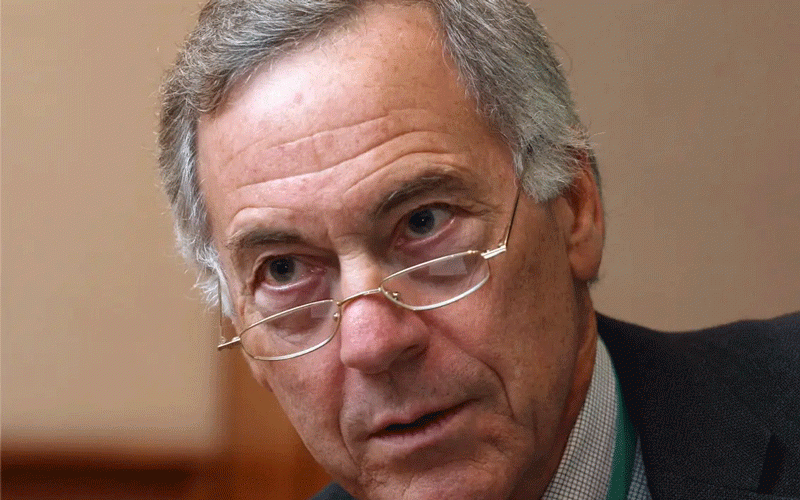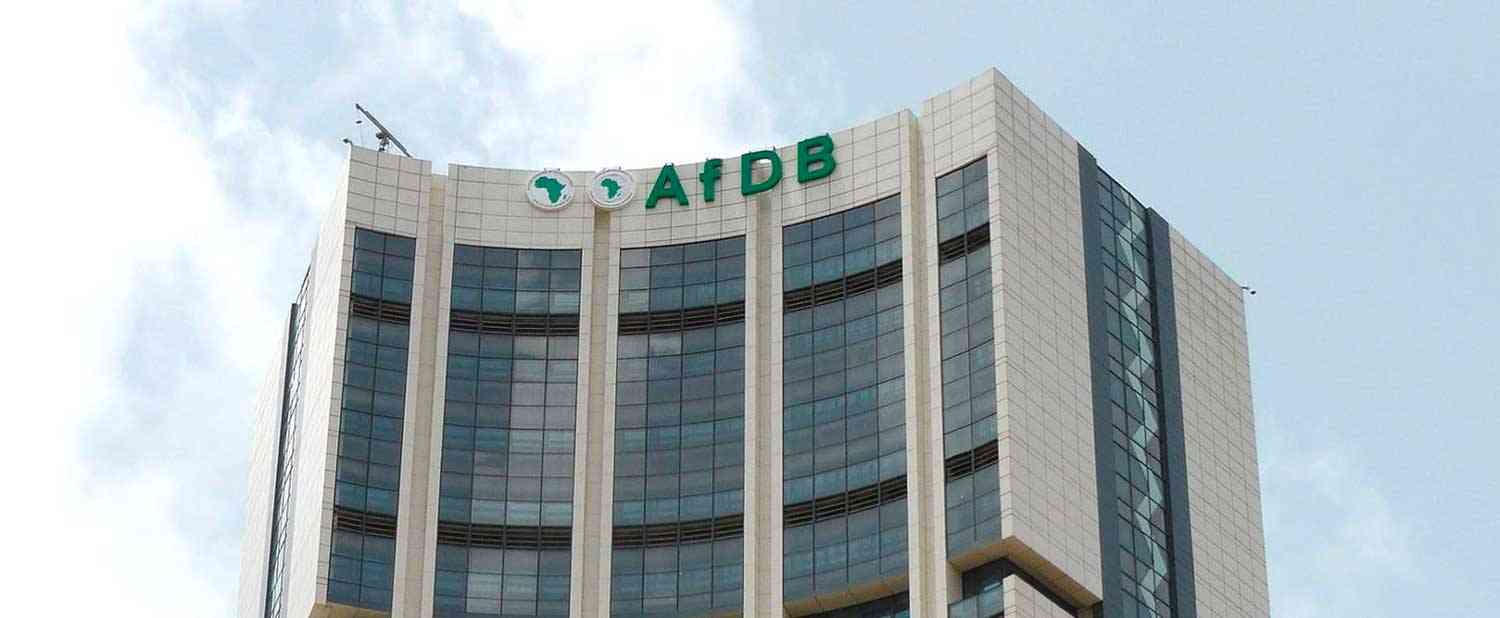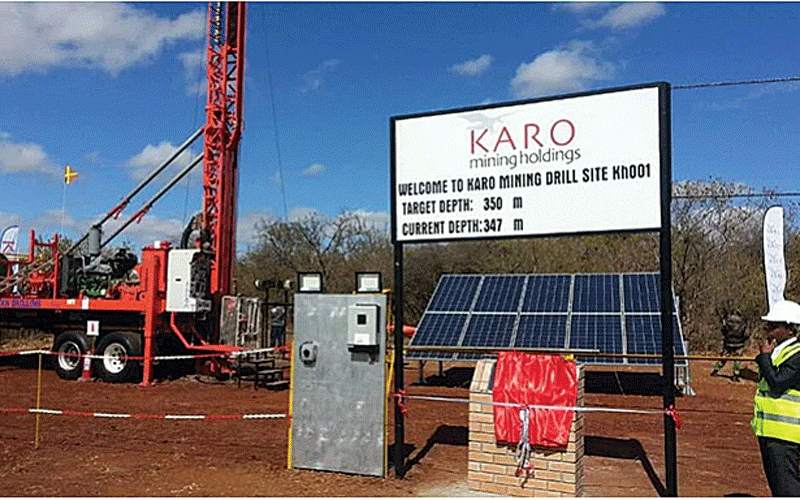
LOCAL financial service firm Fincent Securities Private Limited (Fincent) says the Zimbabwe dollar has lost significant value since the announcement of the disputed election results.
From the end of 2022 to date, the Zimbabwe dollar has lost over 90% of its value against the greenback.
However, when compared to the day prior to the disputed national elections on August 23 and 24, the Zimbabwe dollar shed nearly 2% of its value to reach its year-to-date figure.
The depreciation has been attributed to the rapid acceleration of money printing in the first half of the year, an increase of over 500% to $14,27 trillion at the end of June.
In its Zimbabwe post-election report, the firm said the informal currency market also dropped, leaving a gap of 50% between the formal and the informal rates.
“The Zimbabwe dollar, used alongside the US dollar, has lost substantial value, leading to rampant inflation.
“According to Hanke’s (American economist Steve Hanke) currency watch list the ZWL lost 96,72% of its value since the 1st of January 2022,” reads the report.
“And since the election results were announced, the local unit's positive trajectory on the interbank market was disrupted, leading to successive losses of 0,08% on Monday, 0,11% on Tuesday, and 0,63% on Wednesday.
- Disband RBZ: Hanke
- How we long for that old beautiful Zim
- Go back to school, American economist tells Mthuli
- Zimbabwe dollar remains volatile
Keep Reading
“The informal currency market also witnessed a significant drop, causing a nearly 50% premium gap between the formal and informal rates as it traded between ZWL$6 000 and ZWL$7 500 against the dollar.”
The report also noted that the political instability around the disputed polls was fuelling doubts among investors and weakening confidence in the country's economic foundation.
“This uncertainty has sparked capital flight as investors search for more secure options, putting pressure on the ZWL's value. Moreover, the political ambiguity is eroding overall investor confidence,” Fincent said.
“The unsettled political environment disrupts established norms and perceptions, prompting divestment and deterring foreign investments, thus contributing to currency depreciation.”
Fincent questioned the government's plans after 2025, since it declared the use of the United States dollar was only until 2025.
“Although the government legislated the use of the US dollar until 2025, the question remains what is going to happen after 2025?” the firm asked.
“Are we going to see the use of the US$ being banned through the issuance of another statutory instrument like in 2019?
“This is the likely scenario as the government will more likely seek more control of the currency through monetary policy.”
Fincent queried why the economy could not fully dollarise since between 60% and 75% of transactions in the country were denominated in US dollars.
The liquidity squeeze by the authorities to prevent money printing to tame the local currency’s depreciation is also accelerating dollarisation, according to market analysts.
“In addition, the country's ability to sustain a fully dollarised economy is doubted, with the RBZ governor (Reserve Bank of Zimbabwe governor John Mangudya) on record saying the country has no capacity to sustain a fully dollarised economy even though the economy has dollarised itself with 60-75% of the transaction in the economy being US$ denominated,” FSPL said.
“The economy is expected to continue functioning as a dual USD-ZWL system, with most economic activities (60%-75%) conducted in US dollars.
“Informal markets and sectors like fuel predominantly operate in USD cash, leading to a parallel dollar economy outside the formal banking system.”
The report also noted that the government will encounter challenges in managing the US dollar as most households no longer keep their foreign currency earnings in banks, limiting the RBZ’s control over the movement of the currency.
“Most US dollar cash is held outside of banks, with an estimated US$2 billion being kept by the public at their residences. This situation restricts the central bank's control over the movement of US dollar in circulation,” it added.










